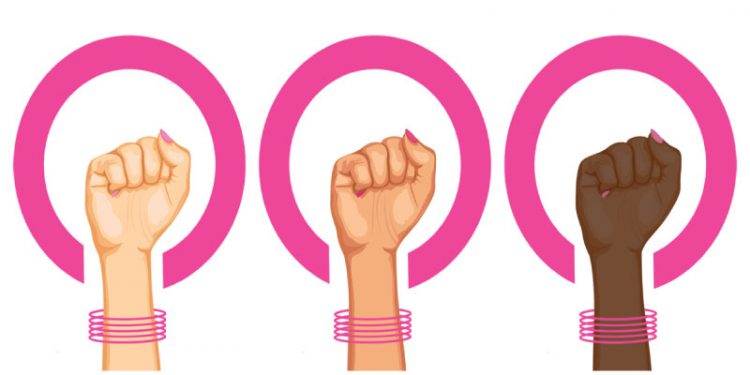United Nations: Women are still under-represented at the top positions and face “motherhood wage penalty” globally, according to a UN report which said in India only about 10 per cent of managers with children under six years of age are women as compared to nearly 90 per cent of their male counterparts.
As the world marked International Women’s Day, the report titled ‘A Quantum leap for gender equality: For a better future of work for all’ by International Labour Organization (ILO) said women’s job opportunities have barely improved since the early 1990s.
“Women are still under-represented at the top, a situation that has changed very little in the last 30 years,” according to the report.
“This is despite that fact that they are likely to be better educated than their male counterparts … education is not the main reason for lower employment rates and lower pay of women, but rather that women do not receive the same dividends for education as men.” There is also a ‘motherhood leadership penalty’: only 25 per cent of managers with children under six years of age are women. Women’s share rises to 31 per cent for managers without young children, the report said.
In India, women make up about 10.2 per cent of managers with children under the age of six and 16.3 per cent with no children. In contrast, 89.8 per cent managers with children under six years of age are men while this percentage is 83.7 for men with no children.
“A number of factors are blocking equality in employment, and the one playing the largest role is caregiving,” said Manuela Tomei, Director, ILO Conditions of Work and Equality Department. “In the last 20 years, the amount of time women spent on unpaid care and domestic work has hardly fallen, and men’s has increased by just eight minutes a day. At this pace of change it will take more than 200 years to achieve equality in time spent in unpaid care work.”
UN labour experts warned that female workers are still penalized for having children and looking after them.
According to the ILO’s findings, women’s pay is 20 per cent lower than men’s, as a global average. This discrepancy is linked to a career-long “motherhood wage penalty”, which contrasts with the fact that fathers enjoy a “wage premium”.
The ILO said that a “quantum leap” is needed to make progress, including by changing policies that would ensure equal opportunities, the right to be free from discrimination, violence and harassment, and equal pay for work of equal value.
The ILO report found that 1.3 billion women were in work in 2018, compared with two billion men – a less than two per cent improvement in the last 27 years. ‘Glass ceiling’ concerns over the lack of upward mobility at work also persist, given that fewer than one third of managers are women.
Worryingly, between 2005 and 2015, there was also a 38 per cent increase in the number of working women who did not have young children, compared to those who had. This is despite an ILO-Gallup 2017 global report which found that 70 per cent of women prefer working rather than staying at home – something men largely agree with, the organization noted. “A number of factors are blocking equality in employment, and the one playing the largest role is caregiving,” Tomei said.
“In the last 20 years, the amount of time women spent on unpaid care and domestic work has hardly fallen,” she said, while men’s participation has increased “by just eight minutes a day. At this pace of change it will take more than 200 years to achieve equality in time spent in unpaid care work”.
In 2018, according to the report, women were more likely to work in low-skilled occupations and face worse employment conditions than men.
Women are also “more exposed” to informal jobs lacking social protection in more than 90 per cent of sub-Saharan countries, 89 per cent of Southern Asian States and almost 75 per cent of Latin American nations. “Women are also often found in occupations that are the most vulnerable …such as in domestic, home-based or contributing to family work,” the ILO report notes.
In terms of solutions that can help create a better future of work for women, the report calls for a “quantum leap” of transformative policy choices.
These include creating or reviewing laws to establish equal rights for all sexes in the world of work, and repealing bans on women entering certain professions, or from working at night or underground.
Efforts are also needed to create “time to care”, the ILO report stresses, explaining that “greater time sovereignty is needed to allow workers to exercise more choice and control over their working hours.”
Those with families would benefit particularly, it explains, while Tomei added that when men share unpaid care work more equally, “more women are found in managerial positions” as well.






































